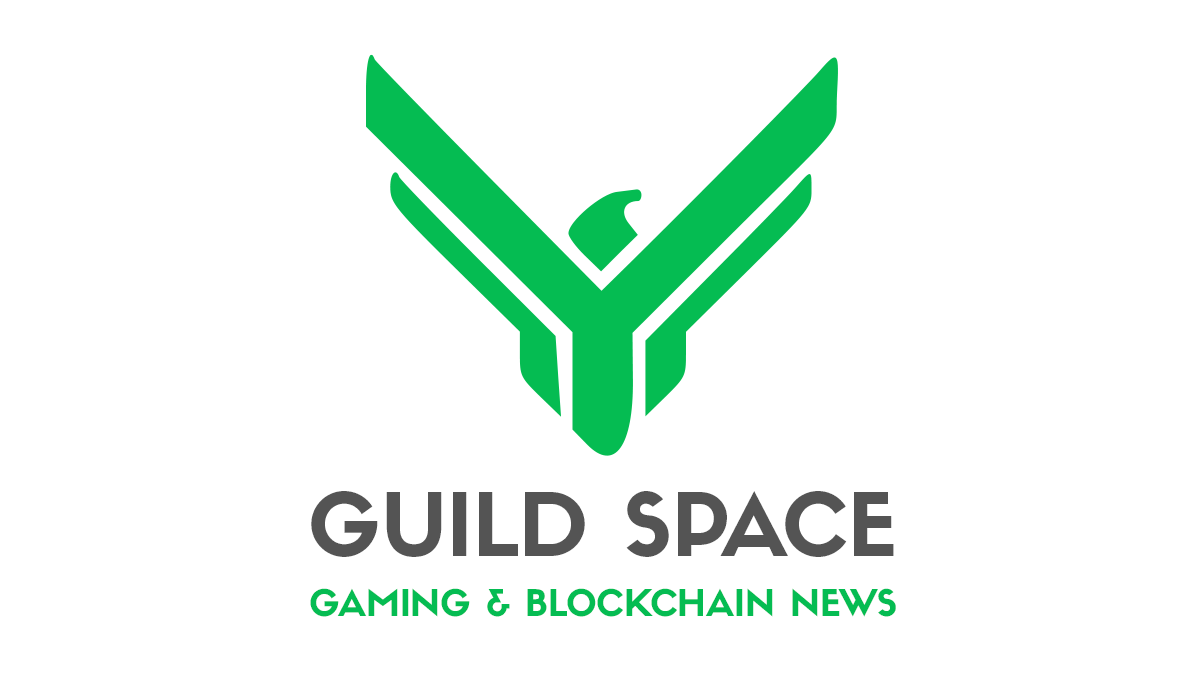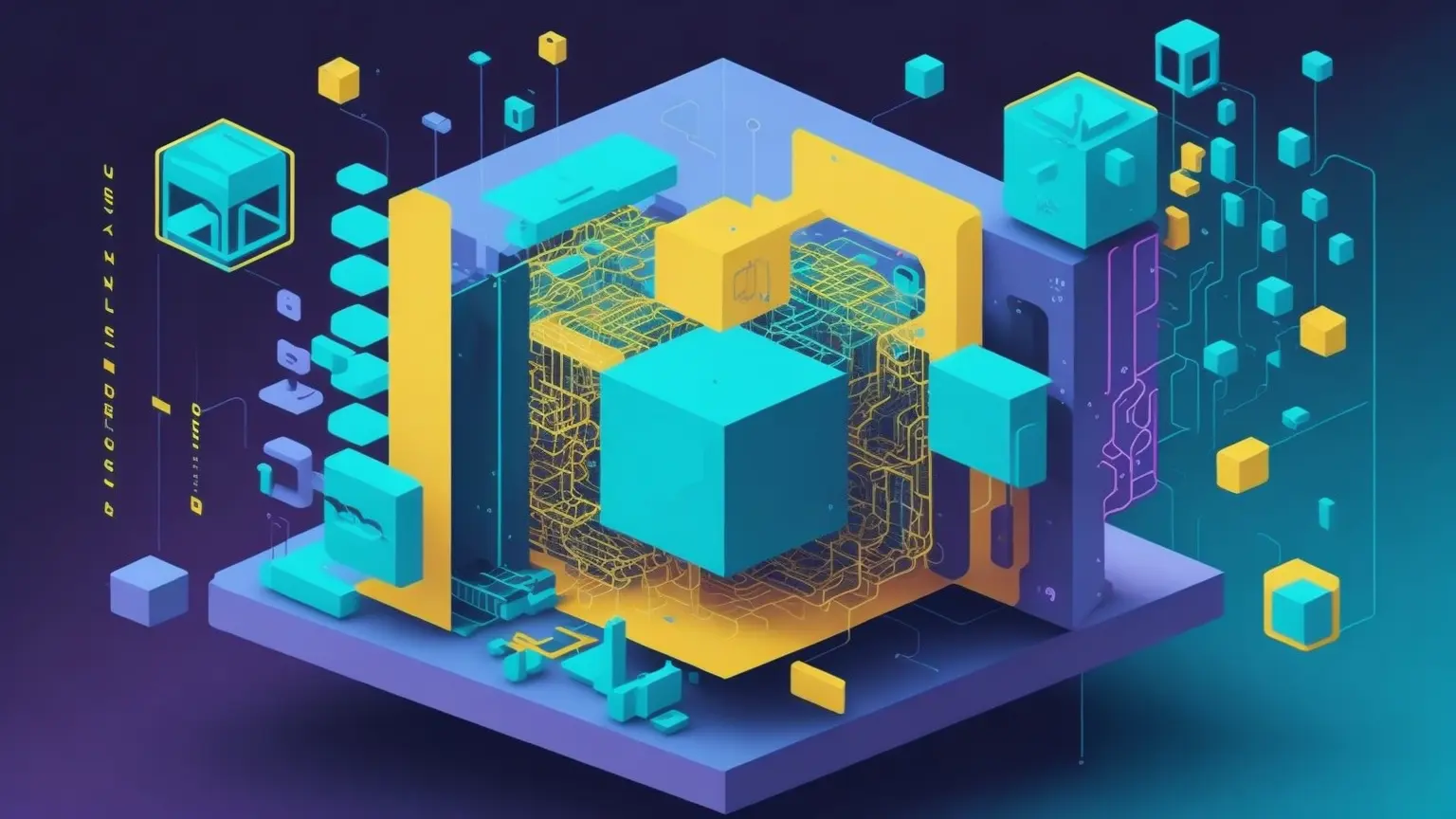NFTs in the Business Landscape: Paving the Way for Innovation and Success


While the relevance of blockchain technology in various business processes might not be apparent to all industry leaders just yet, the adoption of non-fungible tokens (NFTs) is on the rise across a broad spectrum of companies. NFTs are distinctive digital assets that can encapsulate value in diverse forms – from digital artworks to virtual properties. This article aims to delve into the potential advantages of NFTs for businesses, and how organizations can leverage them to bolster their operations and growth trajectories.
Decoding NFTs
Non-fungible tokens (NFTs) are a class of data stored on a blockchain, each representing a unique digital asset. Unlike fungible tokens such as bitcoin, NFTs are distinguished by their uniqueness and cannot be exchanged on a like-for-like basis. This characteristic of NFTs makes them perfect for denoting ownership of unique assets, be it art, collectibles, music, or even real estate.
Unleashing NFTs in the Commercial Arena
1. Monetizing Digital Art and Content
NFTs provide a platform for artists and content creators to monetize their unique creations. The inherent uniqueness of each NFT allows artists to commercialize their works in a digital format without compromising on their singularity and intrinsic value.
2. Asserting Ownership and Managing Rights
NFTs can serve as a digital ledger for ownership of both tangible and intangible assets. This can prove beneficial for brands and corporations wanting to exert control and manage rights over their products or content.
3. The Realm of Virtual Real Estate
With advancements in virtual reality (VR) and the emergence of metaverses, NFTs are being utilized to represent ownership of virtual land plots and structures.
4. Incentivizing Loyalty and Rewards
Corporations can craft unique NFTs as incentives or rewards for their clientele. These NFTs can be redeemed for goods, services, or additional privileges, thereby fostering stronger customer relationships.
5. Streamlining Supply Chain and Logistics
NFTs can be employed to trace and authenticate the origin of goods in a supply chain. This can ensure heightened transparency and instill trust in consumers, particularly concerning high-value products.
Possible Hurdles and Risks
1. Grasping the Technology
The intricate nature of blockchain technology and NFTs can pose a challenge for many corporations. It necessitates dedicated time and resources to comprehend and effectively deploy these technologies.
2. Fluctuations in the Market
The NFT market is notorious for its volatility. Fluctuating NFT prices should be considered when devising business strategies.
3. Ecological Implications
The high energy consumption associated with blockchain usage for NFTs has raised environmental impact concerns.
Epilogue: Charting the Path Ahead
NFTs present a plethora of opportunities for businesses, ranging from monetizing content to managing supply chains. However, this technology should be approached with careful understanding and prudence. For businesses to successfully incorporate NFTs, it’s essential to educate their workforce, devise cogent strategies, and brace for changes. NFTs could be a game-changer, propelling innovation and success in a world where digital transformation is gaining momentum.
Recent Posts
How to Manage an Online Community: Best Practices for Success
In today's digital age, online communities have become a pivotal aspect of brand building, marketing, and fostering user engagement. Proper…
The Future Smart Home: Automation, Energy Efficiency & Next-gen Technologies
Automation, Energy Efficiency, and Cutting-edge Technologies in Domestic Management. 1. Introduction In today's world, technology continues to become more integrated…
Building an Online Community: A Step-by-Step Guide
In today's digital age, online communities have become hubs for knowledge exchange, shared interests, and camaraderie. If you're thinking of…
Blockchain’s Revolution in Real Estate: Ushering in Transparency
Blockchain, originally known as the backbone technology of cryptocurrencies, holds potential far beyond the financial sector. One such area where…
Leveraging Graph Databases for Complex Data Structure Analysis: An Overview of Benefits and Application Methods
The contemporary data landscape is ever-expanding and becoming more intricate, and conventional analysis tools and methods often fall short in…
Leveraging Quantum Computers in Scientific Research: A Revolution in the World of Science
The emergence of the first working prototypes of quantum computers signaled a new era of scientific exploration. With a fundamentally…